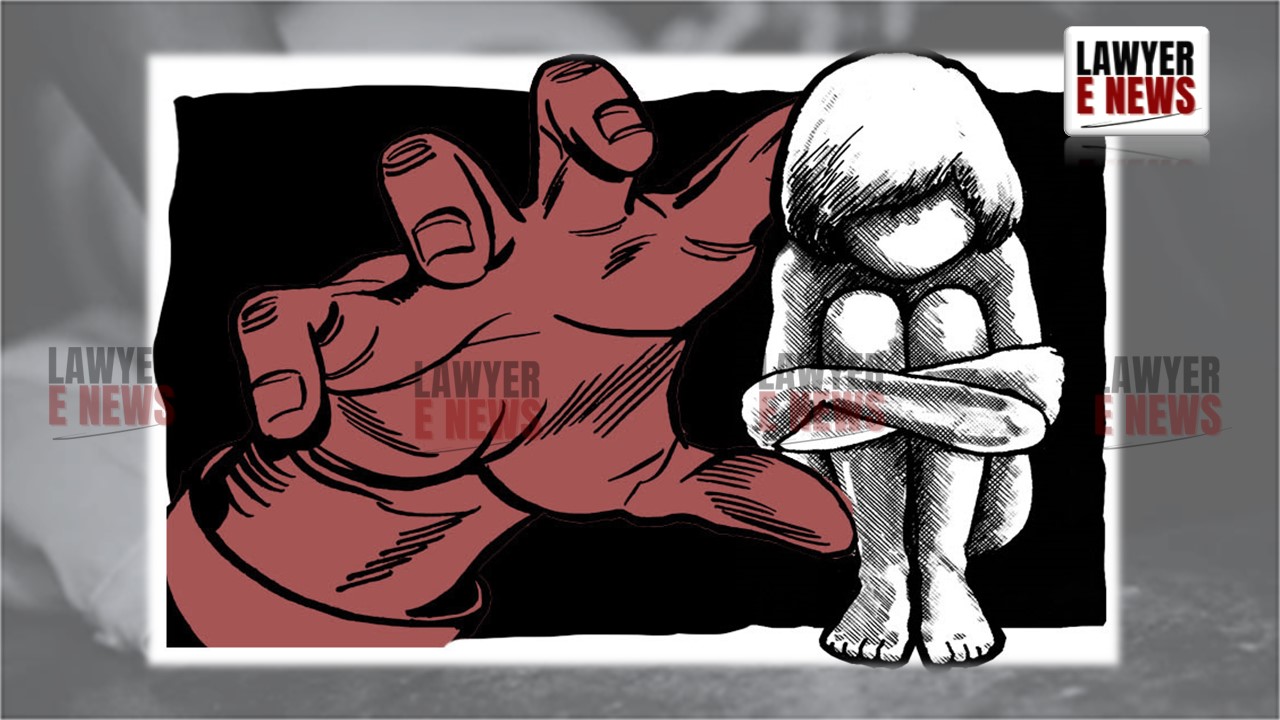-
by Admin
15 February 2026 5:01 PM



Kerala High Court quashed criminal proceedings against Dr. T. Ambujakshi, who had been accused of failing to report a minor’s pregnancy under Section 19(1) of the Protection of Children from Sexual Offences Act, 2012 (POCSO Act), and allegedly conducting an unauthorized abortion.
The court ruled that there was no evidence of deliberate omission by the petitioner to report the alleged offense and emphasized that doctors cannot be held criminally liable for acting on the age disclosed by the victim and her parents unless prima facie doubts about the age arise.
The prosecution alleged that Dr. Ambujakshi failed to report the pregnancy of a minor victim and conducted an unauthorized abortion. The allegations stemmed from the victim, accompanied by her parents, visiting the petitioner for treatment after experiencing severe abdominal pain and bleeding. The medical records at the time recorded the victim’s age as 18, as disclosed by her and her parents.
The case was registered under Sections 21 read with 19(1) of the POCSO Act, along with Sections 312 and 313 of the Indian Penal Code, 1860. The petitioner moved the High Court under Section 482 of the Code of Criminal Procedure, seeking to quash the proceedings.
POCSO Act – No Obligation on Doctors to Investigate Age Without Prima Facie Doubt
The court relied on the Supreme Court's decision in Tessy Jose & Ors. v. State of Kerala (2018), which held:
"There is no obligation on doctors to investigate and detect knowledge regarding the age of the victim when the victim and her family provide an age declaration."
In the present case, the court noted: "The petitioner acted in good faith based on the victim's disclosed age of 18 years, which was consistently recorded in the hospital's medical records. There was no prima facie reason for the doctor to suspect the victim's age was below 18 years."
The court held that criminal liability under Section 21 of the POCSO Act could not be fastened on the petitioner as there was no deliberate failure to report the incident.
Unauthorized Abortion Allegations – Insufficient Evidence
The court noted that the victim was admitted with severe bleeding and symptoms of an ongoing miscarriage. The petitioner provided medical treatment to save the victim’s life, which included completing the miscarriage process.
It held: "The evidence suggests that the petitioner acted in good faith to save the victim’s life. There is no prima facie case to attract offenses under Sections 312 and 313 of the IPC."
The court further emphasized that the allegations of unauthorized abortion were baseless, as the petitioner had acted with the consent of the victim and her parents.
Condemnation of Mechanical Implication of Doctors in POCSO Cases
Justice A. Badharudeen expressed concern over the mechanical inclusion of doctors in criminal cases under the POCSO Act without proper evidence. He stated:
"Doctors are entrusted with the noble duty of saving lives. Investigating officers must exercise caution before implicating doctors in POCSO cases. Criminal liability should only arise where there is clear evidence of deliberate intent or omission by the doctor."
To address this issue, the court directed the Director General of Police, Kerala, to ensure that investigating officers comply with this standard in future cases.
The High Court quashed the final report filed against Dr. Ambujakshi in SC No. 495/2020 pending before the Fast Track Special Court (POCSO Cases), Hosdurg. The court observed:
"The prosecution against the petitioner is based on irrelevant materials and lacks sufficient evidence to proceed. Implicating doctors without evidence of deliberate misconduct is unjust and hampers their ability to perform their duties."
The court also directed investigating officers to ensure that doctors are not implicated in POCSO cases without proper evidence of deliberate omission in reporting crimes.
This ruling provides clarity on the application of Section 19(1) of the POCSO Act concerning doctors, emphasizing that medical professionals cannot be held liable for failing to investigate a victim's age unless there is prima facie doubt. It also highlights the need for investigative accountability to prevent unwarranted implications of doctors in criminal cases.
Date of Decision: January 23, 2025
